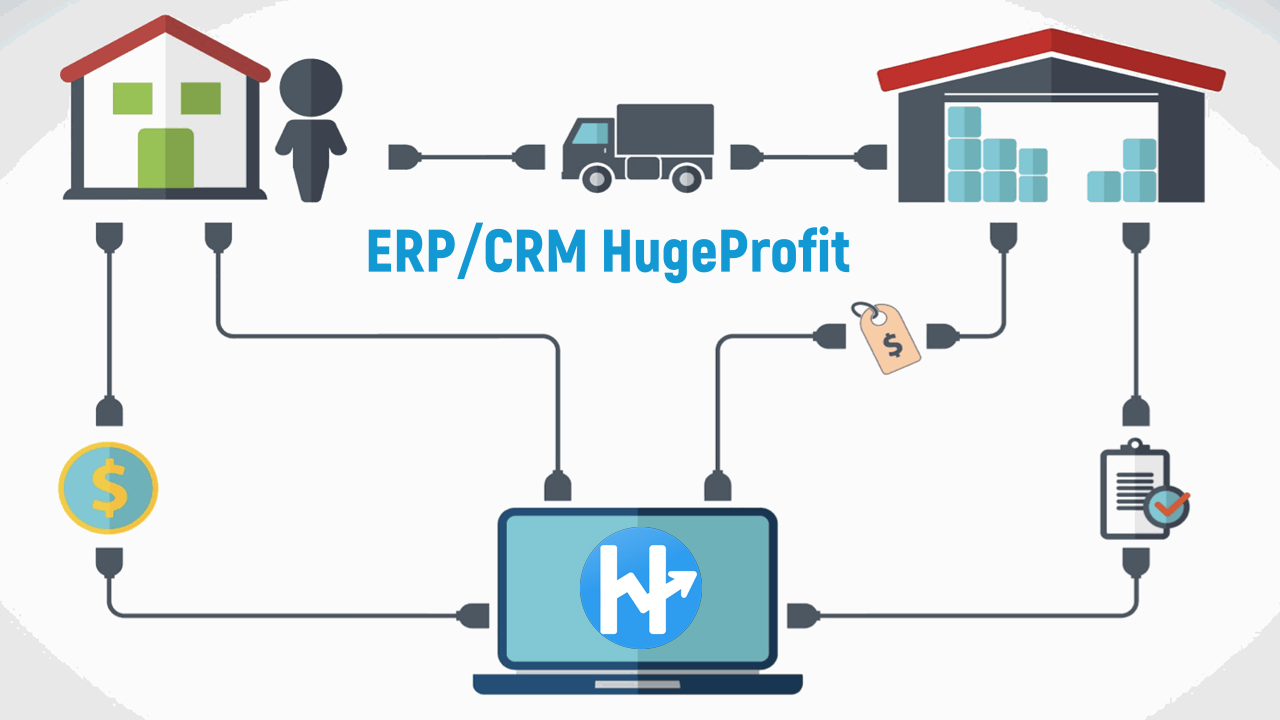
CRM for Dropshipping Businesses: Streamlining Success in a Fast-Paced World
Dropshipping has revolutionized e-commerce, allowing entrepreneurs to launch online stores without the burden of managing inventory or shipping logistics. However, the very nature of dropshipping – relying on third-party suppliers and a decentralized supply chain – can present unique challenges. Customer relationship management (CRM) systems emerge as a critical tool for dropshipping businesses aiming to thrive in this dynamic environment.
Understanding the Dropshipping Landscape
Dropshipping offers numerous advantages:
- Low Startup Costs: Minimal investment in inventory.
- Wide Product Selection: Access to a vast range of products from suppliers.
- Location Independence: Operate from anywhere with an internet connection.
- Scalability: Easily scale up or down as demand fluctuates.
However, dropshipping also comes with its own set of hurdles:
- Reliance on Suppliers: Limited control over product quality, shipping times, and inventory levels.
- Thin Profit Margins: Competition is fierce, requiring careful pricing strategies.
- Complex Customer Service: Addressing customer inquiries about orders, shipping, and returns can be challenging due to reliance on external suppliers.
- Branding Challenges: Building a strong brand identity can be difficult when products are fulfilled by third parties.
Why CRM is Essential for Dropshipping
In the dropshipping model, where you don’t physically handle the products, your customer relationships become your most valuable asset. A CRM system helps you:
- Centralize Customer Data:
- Consolidate customer information from various sources (website, social media, email, etc.) into a single, unified view.
- Track customer interactions, purchase history, preferences, and communication logs.
- Enhance Customer Service:
- Provide personalized and timely support.
- Quickly access customer information to resolve issues efficiently.
- Automate responses to common inquiries.
- Improve Order Management:
- Track order status and shipping information.
- Proactively communicate order updates to customers.
- Manage returns and refunds effectively.
- Boost Sales and Marketing Efforts:
- Segment customers based on demographics, purchase behavior, and other criteria.
- Create targeted marketing campaigns to increase sales.
- Identify upselling and cross-selling opportunities.
- Gain Valuable Insights:
- Analyze customer data to identify trends and patterns.
- Monitor customer satisfaction and identify areas for improvement.
- Make data-driven decisions to optimize business operations.
Key Features to Look for in a Dropshipping CRM
When selecting a CRM for your dropshipping business, consider these essential features:
- Contact Management: Robust tools for organizing and managing customer data.
- Order Management: Integration with your e-commerce platform to track orders and shipping information.
- Customer Service Tools: Ticketing system, live chat, knowledge base, and self-service options.
- Marketing Automation: Email marketing, social media integration, and campaign management.
- Reporting and Analytics: Customizable dashboards and reports to track key metrics.
- Integration Capabilities: Compatibility with your e-commerce platform, payment gateways, shipping providers, and other essential tools.
- Automation: Automate repetitive tasks, such as sending order confirmations, tracking shipments, and following up with customers.
- Multi-Channel Support: Manage customer interactions across multiple channels, including email, phone, chat, and social media.
- Scalability: Choose a CRM that can grow with your business.
Choosing the Right CRM: Key Considerations
- Business Size and Complexity:
- Small businesses with simple needs may benefit from a basic CRM with essential features.
- Larger businesses with more complex operations may require a more robust CRM with advanced capabilities.
- Budget:
- CRMs vary in price, from free to hundreds of dollars per month.
- Consider the total cost of ownership, including implementation, training, and ongoing maintenance.
- Industry-Specific Needs:
- Some CRMs are designed specifically for e-commerce or dropshipping businesses.
- These CRMs may offer features tailored to your specific needs.
- Ease of Use:
- Choose a CRM that is easy to learn and use.
- A user-friendly interface will encourage adoption and maximize the benefits of the system.
- Integration Capabilities:
- Ensure that the CRM integrates with your existing e-commerce platform, payment gateways, shipping providers, and other essential tools.
- Customer Support:
- Choose a CRM provider that offers reliable customer support.
- Good customer support can help you resolve issues quickly and efficiently.
Popular CRM Options for Dropshipping Businesses
- HubSpot CRM: A popular free CRM with a range of features for sales, marketing, and customer service.
- Zoho CRM: A comprehensive CRM with a wide range of features and integrations.
- Salesforce Sales Cloud: A powerful CRM designed for larger businesses with complex sales processes.
- Pipedrive: A sales-focused CRM designed to help businesses close more deals.
- Klaviyo: An email marketing platform with CRM capabilities, ideal for e-commerce businesses.
- monday.com: A work OS that can be customized to manage customer relationships, projects, and workflows.
Implementation Tips for Dropshipping CRM Success
- Define Your Goals: Clearly define what you want to achieve with your CRM.
- Data Migration: Clean and migrate your existing customer data into the CRM.
- Training: Train your team on how to use the CRM effectively.
- Customization: Customize the CRM to meet your specific needs.
- Integration: Integrate the CRM with your other business systems.
- Monitoring and Optimization: Regularly monitor the performance of the CRM and make adjustments as needed.
Best Practices for Using CRM in Dropshipping
- Personalize Customer Interactions: Use customer data to personalize your communication and offers.
- Provide Proactive Support: Anticipate customer needs and provide proactive support.
- Respond Quickly to Inquiries: Respond to customer inquiries promptly and efficiently.
- Track Customer Feedback: Collect and analyze customer feedback to improve your products and services.
- Build Relationships: Focus on building long-term relationships with your customers.
Conclusion
In the fast-paced and competitive world of dropshipping, a CRM system is no longer a luxury but a necessity. By centralizing customer data, automating tasks, and providing valuable insights, a CRM can help dropshipping businesses streamline operations, enhance customer service, and drive sales growth. By carefully selecting and implementing a CRM that meets your specific needs, you can unlock the full potential of your dropshipping business and achieve long-term success.

